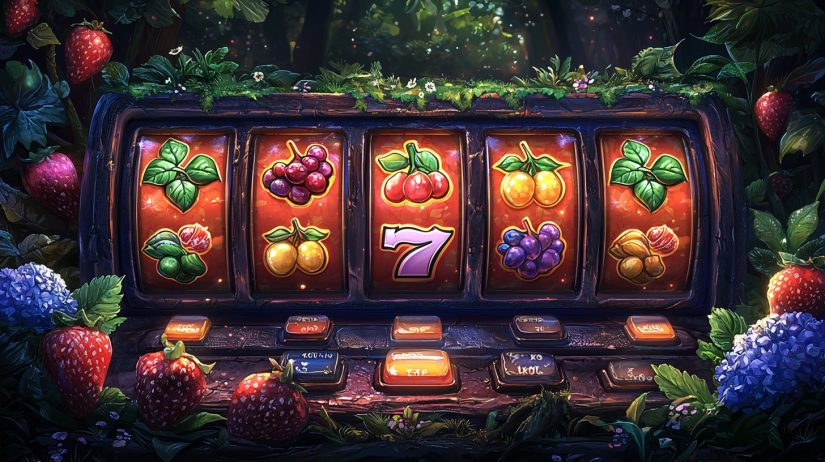Game slots, or slot machines, have captivated players for decades, offering a mix of entertainment, anticipation, and the promise of big wins. Whether in bustling casinos or on online platforms like Tthepokiesnet – https://thepokies86australia.net/, these games are designed to engage players with their vibrant visuals, immersive sound effects, and compelling themes.
But beyond their appeal lies a deeper layer of influence — how slot games impact players’ emotions, decision-making, and behavior.
This article explores the fascinating psychology behind game slots, examining how they shape player experiences, the role of AI in game design, and the ethical considerations in the gaming industry. By understanding these elements, developers can create more engaging and responsible games, while players can better understand the dynamics at play during their gaming sessions.
The psychology of player behavior
Game slots are designed to evoke strong emotional reactions. From the thrill of anticipation before a spin to the exhilaration of a win (or the frustration of a loss), emotions play a key role in how players experience these games.
Visuals, animations, and sound effects all work together to heighten these feelings, creating an immersive environment that keeps players engaged. Emotions like excitement and anticipation are carefully engineered through the use of audiovisual cues, deeply influencing levels of player satisfaction and immersion.
Cognitive responses: how players think while playing
Slot games also engage players’ cognitive processes, including decision-making, risk evaluation, and problem-solving. The unpredictability of the outcomes and players’ attempts to interpret patterns or predict results often lead to cognitive biases, such as overestimating their chances of winning.

Elements like game speed, flashing visuals, and auditory stimuli further influence mental processing, shaping how players perceive probabilities and outcomes. Understanding these cognitive responses is crucial for creating games that are both engaging and responsible.
Winning and losing: psychological impact
A win in a slot game triggers a rush of positive emotions and reinforces behaviors through powerful psychological mechanisms like positive reinforcement. On the other hand, losses can lead to frustration or even harmful cognitive distortions, such as chasing losses with further gambling.
These cycles of winning and losing significantly affect players’ motivations and gambling behaviors, making it essential to study their long-term impacts, particularly in cases of problem gambling.
The role of AI in game development
Artificial intelligence (AI) has transformed the gaming industry, including slot game design. AI helps developers analyze player preferences, adapt gameplay in real-time, and create personalized content. These advancements make games more engaging but also raise ethical concerns, such as player vulnerability and potential addiction.
Responsible gaming practices, like tools to limit excessive play and transparency about odds, are essential to balance engagement with ethical responsibility.
Player preferences and game design
Players choose slot games based on several factors:
- Visual and audio appeal: Vibrant graphics and immersive sounds enhance the experience.
- Game features: Bonus rounds, free spins, jackpots, and high Return to Player (RTP) rates attract players.
- Personal preferences: Emotional states and individual tastes also shape player choices.

By considering these factors, developers can craft games that resonate with players while promoting responsible gaming.
The science of sound: how audio shapes the experience
Sound is key to the appeal of slot games. Celebratory chimes, upbeat tunes, and satisfying clicks create positive reinforcement and keep players engaged. Research shows these sounds trigger emotional responses, enhancing the experience. In some cases, sound design creates an illusion of control, making players feel more involved in the game.
Ethical considerations in slot game design
As slot games grow more advanced, ethical challenges increase. Developers must balance engaging gameplay with protecting players from harm, such as problem gambling. Addressing issues like mental health and psychological techniques to boost engagement is critical.
Adding responsible gaming features, like clear odds and tools to limit play, helps prioritize player well-being without compromising entertainment.

